Iran-Saudi reconciliation deal to be recorded in history: Pakistani president
Pakistani President Arif Alvi has hailed the wisdom of Iran and Saudi Arabia to resume diplomatic relations, saying the reconciliation and peace agreement reached between the two countries will be recorded in history.
In a Tuesday note, Alvi pointed to the intensification of political tensions in Pakistan and said all Pakistani factions must make a revision in their thoughts in an effort to restore peace and calm to the country.
This is what Iran and Saudi Arabia have carried out and reached great peace and their ideal goals, he noted.
He hailed China’s positive role in promoting reconciliation talks between Tehran and Riyadh, saying the two sides’ top officials have succeeded in establishing long-lasting peace by reviewing their ideas and making fundamental changes.
The Pakistani president emphasized that the wise and constructive thoughts of the authorities of Iran and Saudi Arabia have prepared the ground for putting an end to decades of hostility.
On March 10, after several days of intensive negotiations hosted by China, Iran and Saudi Arabia agreed to resume their diplomatic ties and reopen their embassies.
In a joint statement after signing the agreement, Tehran and Riyadh highlighted the need to respect each others’ national sovereignty and refrain from interfering in the internal affairs of one another.
They agreed to implement a security cooperation agreement signed in April 2001 and another accord reached in May 1998 to boost economic, commercial, investment, technical, scientific, cultural, sports, and youth affairs cooperation.
Saudi no longer ‘extension of US strategy’ in Mideast: Senator
Meanwhile, Pakistani Senator Mushahid Hussain said the Muslim world’s politics was defined for the past four decades by an ideological foreign policy of Saudi Arabia with its triangular mixture of money, militancy and madrassas, however, the recent rapprochement between Iran and Saudi Arabia ended destabilization in the region.
In an article published in the Express Tribune on Sunday, Hussain said Saudi Arabia’s ideological foreign policy has led to “an unending and debilitating proxy war with its traditional rival, Iran, the result was destabilizing for the entire region, ranging from Iraq, Syria, Bahrain, Lebanon and Yemen, even extending to non-Arab regions like Afghanistan and Pakistan.”
“Thankfully, that phase has now come to an end, which is very positive for peace, stability and harmony in the Muslim world, he added.
He emphasized that Riyadh is no longer an extension of Washington’s foreign policy strategy in the Middle East, as was the case in the past.
“Saudi Arabia was sometimes viewed as the American ATM with a ‘have cash, will dispense’ approach at the behest of Washington power brokers. That is no more the case, much to the shock and chagrin of the American Establishment,” the Pakistani senator added.
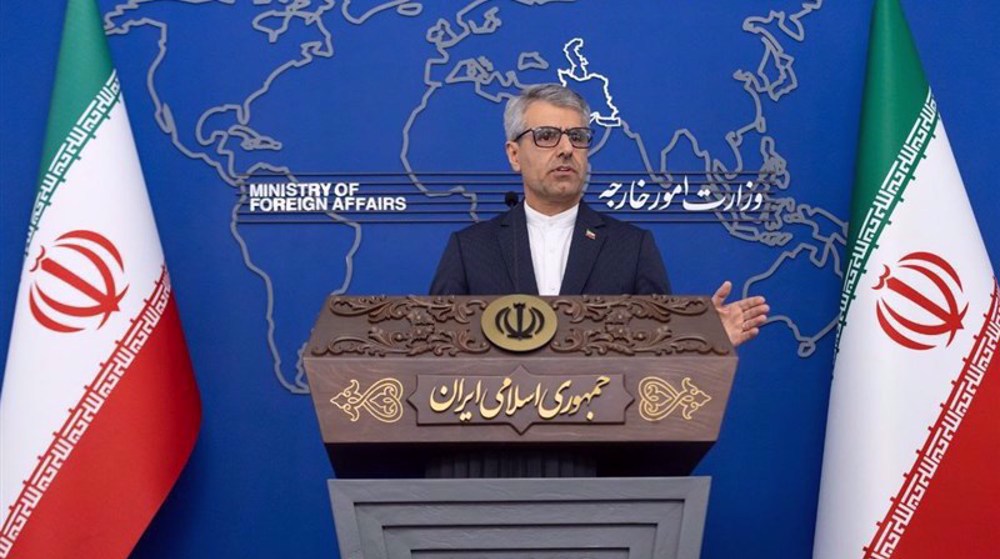
Iran’s will centered on strengthening ties with African nations, says Foreign Ministry
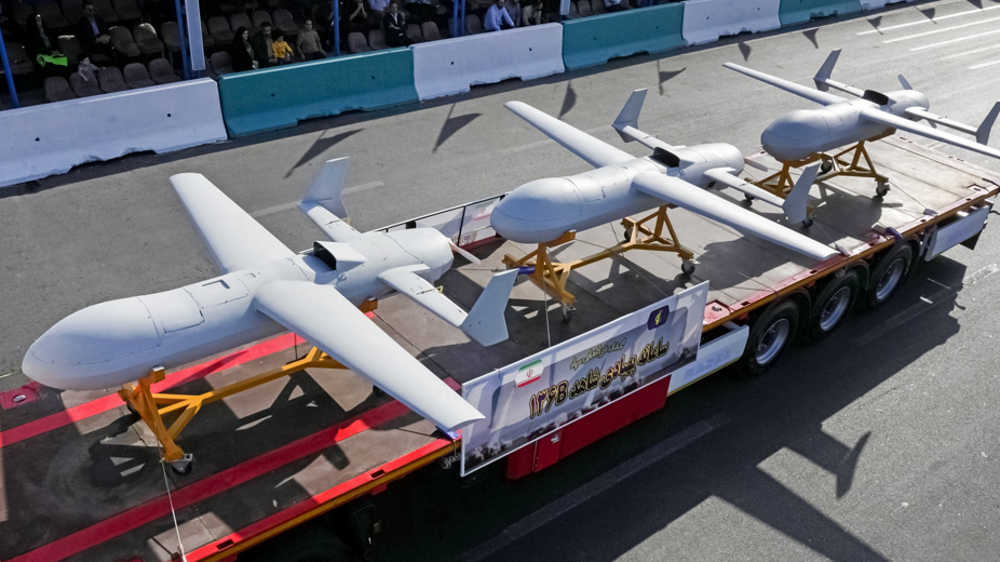
‘No legal prohibition’ on sale of Shahed drone: Iran’s UN mission
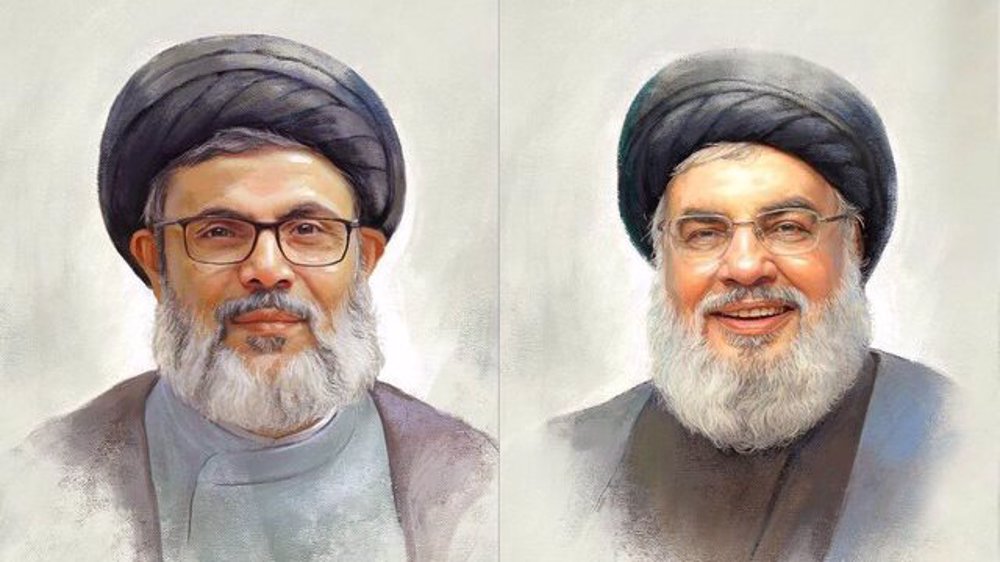
‘Resistance resurrection’: Iran delegation in Lebanon as details of Nasrallah funeral announced
VIDEO | Bahraini mourners hold symbolic funeral procession for late Hezbollah leader
VIDEO | Trump's plan for Gaza
Iran’s foreign minister, parliament speaker to attend Nasrallah's funeral
Iran: Russian FM due in Tehran in coming days for key talks
Electronic Intifada director’s violent arrest and MI6 infiltration into ‘neutral’ Switzerland
‘Nothing short of Kafkaesque’: Netizens react to arrest of pro-Palestine activist in Canada
'Enemy is wicked': 17-year-old Lebanese pager victim on life after losing eyes
Geothermal is Iran’s other potential energy game-changer


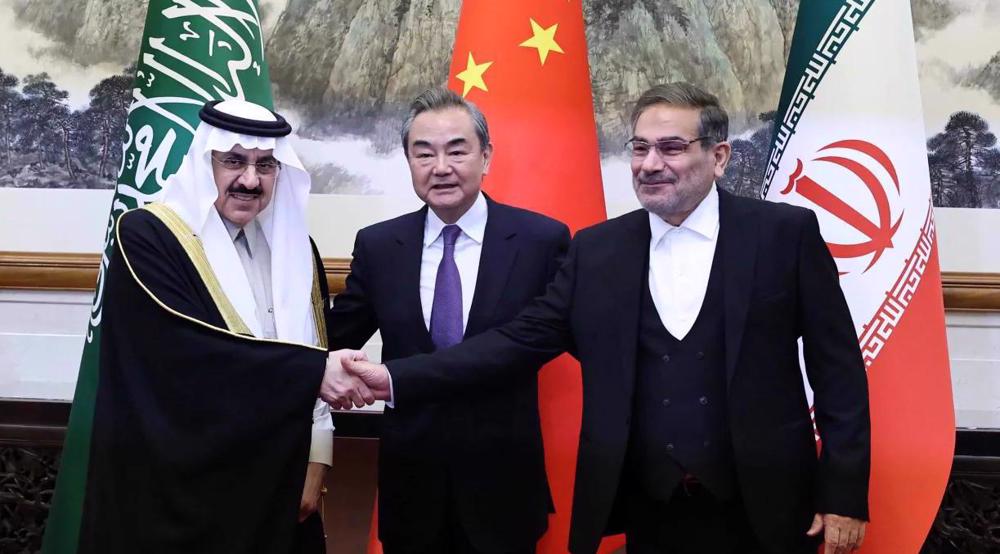
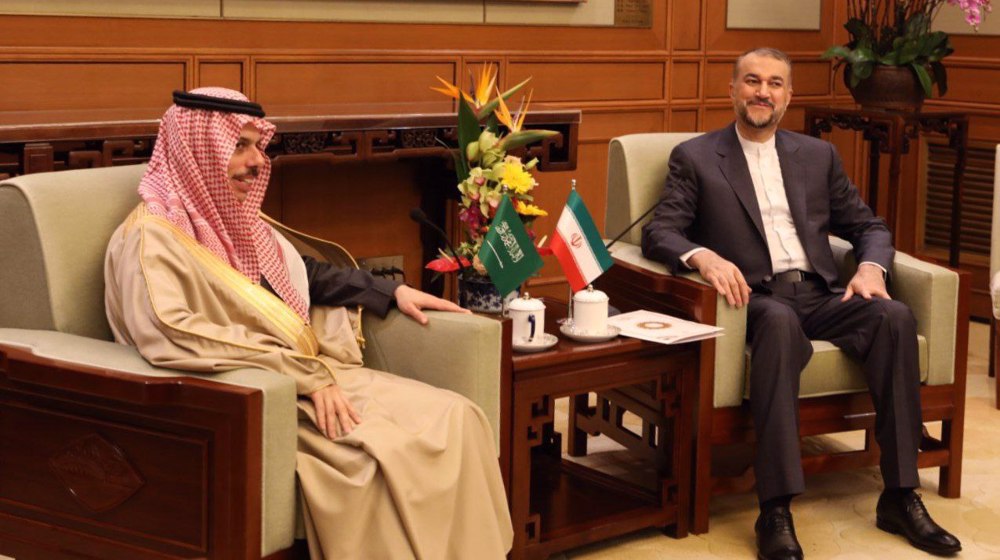




 This makes it easy to access the Press TV website
This makes it easy to access the Press TV website